Blog
All of our Blog Posts
Serif-ically Visual
To follow on from my last post and anticipate my next, I’m going to say more about how visually Pound writes/types for the page, and do so using the first example so far in my discussions of Pound using found text (more of which soon). But I’m also not going to move too far away…
Read More‘Five-Stars’
Nothing’s too much trouble for our stellar host – he bellows loud hellos from his front door before our car-bound feet disrupt his gravel. Call-me-Toby ushers us to his spongey lemon couch for a slice of just-baked drizzling lemon sponge cake. He plunges into freshly brewed fairly-traded coffee, pours into bone-china, places onto Badger’s Bottom…
Read MoreProse Poets: ‘Of Gears’
I like poems that change gears, or change gear, if you prefer. I also like songs that change gear, like ‘I Heard Ramona Sing’ by Frank Black, which gives the gearbox a good work out before settling into the first verse. It seems to rev through four or five intros before finding its optimal…
Read More‘The Act of Transformation’
It was only by chance I started reading it at all. A good friend of mine, the poet David Tait moved to China a couple of years ago and asked me if I would look after some of his poetry books. I picked them up in a large purple suitcase that now sits in my…
Read More‘Camouflaged Beasts’
What you thought were autumn leaves herded against curb, spattered with bird shite, is an oil-slicked kitten that won’t be licked clean but continues to wander from the litter, tumble into a ditch and climb free, curious as sticking a fork in a socket, but camouflaged from predators like an owl feathered in sunflower yellow…
Read More‘Andromeda Unchained’
A day after the accident on my twentieth birthday I’m told I’ll never see him again. Stretched on a narrow bed, with my leg fractured in four places and braced neck, I clutch the hospital bill. That night I dream there are snakes in our garden. Six gunmetal-silver, eight-foot boa constrictors slink towards the glass…
Read MoreChemical Poetry: an interview with Simon Barraclough
An Interview with Simon Barraclough
‘Chemical Poetry: The Periodic Table & Poetry‘ will use the famous periodic table of elements as a springboard and playground for new writing. Fizz, explode, react and toxicate: we spoke to Simon Barraclough about what happens when poetry and chemistry meet. Hi Simon! What’s ‘Philandrium’? SB: Philandrium is a brand new element discovered and analysed…
Read MoreOpen Workshop: ‘Make New & Mend’
What makes a poetic image stay with you? It’s hard to remember an entire poem by heart, but often, a particular image will stick in the mind for days, months, even years after reading. In our latest Open Workshop, Claire Askew will challenge you to create imagery that is unforgettable. You’ll take a common poetic theme…
Read More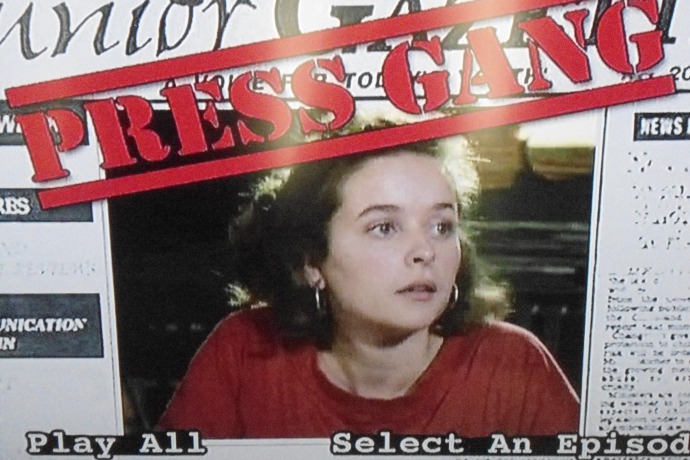
Re: Drafts – ‘Lessons from Press Gang and other submissions’
Rishi Dastidar and I are working closely with The Rialto editor Michael Mackmin on a programme designed to teach us about the process and philosophy of poetry editing. Following the publication of The Rialto’s 81st issue, I met up online with Rishi to discuss how receiving poetry submissions has changed our perspective on the best…
Read More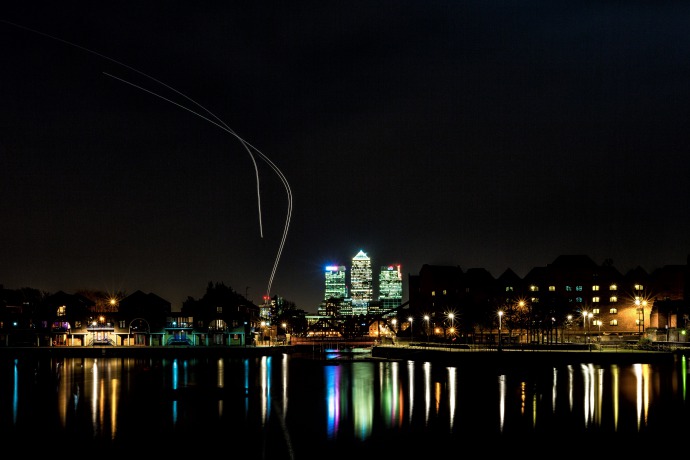
Nightwriter: an interview with Tom Chivers
An Interview with Tom Chivers
Hi Tom – your new online course, Nightwriter, is a nocturnal writing course (our very first). What can we expect? And what happens to your poetry brain after dark? Tom: Writing poetry is about making choices. Selecting what to say and what to leave unspoken. I am interested in erasure, the occult, in things unsaid,…
Read More
Lo and Behold! – the first report
At the beginning of the year, we put out a call to poets and artists to surprise us with innovative poetry promoting ideas. Five of them did … and we were able to fund each of them with £750 to get their projects off the ground. Here’s how they’re getting on… Alistair Cartwright /…
Read More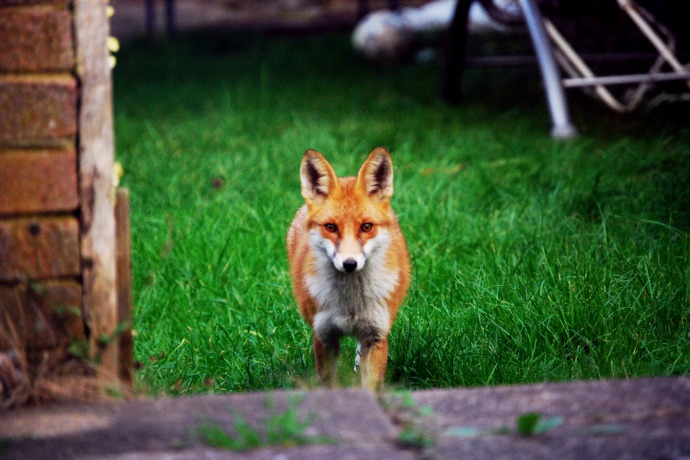
Mixed Borders Poetry Residencies: an interview with Sarah Hesketh
An Interview with Sarah Hesketh
‘Mixed Borders: Poets in Residence in London Gardens‘, a Poetry School Summer workshop with London Parks and Gardens Trust, will see poets paired up with allotments, garden squares and hidden spaces to propagate their own green and leafy poetry ideas. We had a chat with Sarah Hesketh, poet and Event Manager for London Open Garden…
Read More
GOLDEN RATIONALITY
I’ve been asked to write a manifesto. This doesn’t suit the person I now am, but I did write one 20 years ago (it was published in an anthology of manifestos, Troubles Swapped for Something Fresh, Manifestos and Unmanifestos, edited by Rupert Loydell) and I have never really explained or qualified it. So perhaps I…
Read More
‘The Poet as Curator, the Curator as Poet’
A curator [from the Latin curare – to take care of] selects and organizes the items in a collection or exhibition. In creating a poem, we can follow a similar process, selecting found text and juxtaposing it with new writing to spark fresh meanings and revelations. Anne Carson has been described as ‘the…
Read More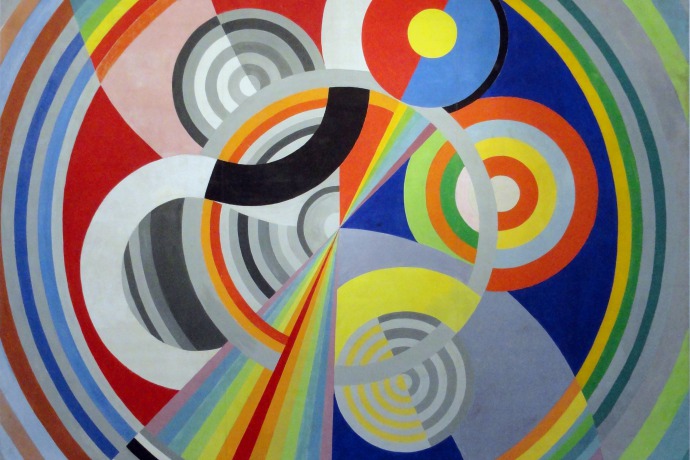
Notes on Modernists II
It’s obvious that analysis of other artists walks hand in hand with being an artist oneself. When you have a go at a form, then it becomes much easier to read a master’s work in that form. In an analogous way, the therapist Carl Rogers said that whenever he had an epiphany (of compassion) for…
Read More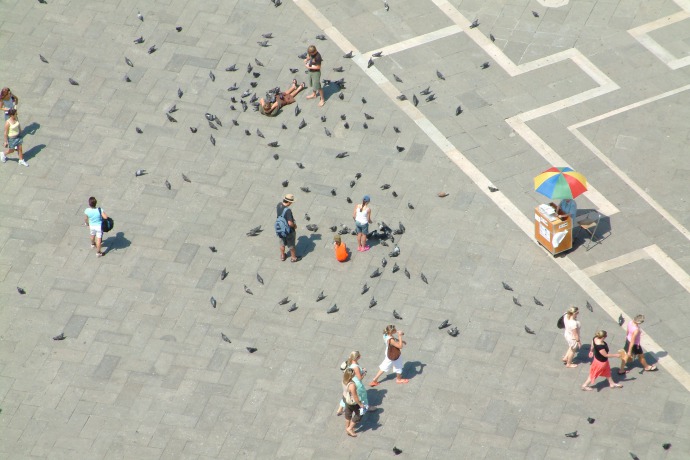
21st Century Canto: Pound, Resounding
So, we have looked at the timbre of words. Sometimes one also explores a different metre (one based on length of syllable rather than stress, for example) in order to get at a good line in a good timbre. This is what we tend to do when we remember poets’ work: we remember a line….
Read More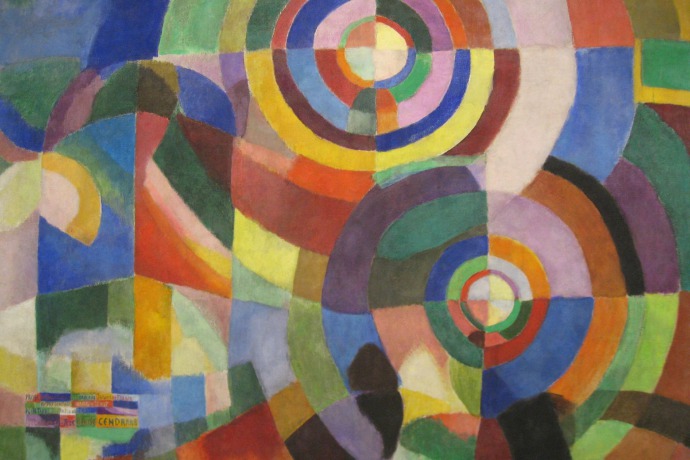
Notes on Modernists
My initial pitch for this residency, and one that I’ve fancied for a while, is to set a number of exercises based on Modernist poets. These are some suggestions in brief. BASIL BUNTING Avoid synonyms. Try to use the plain word. If the same object appears several times in your poem, call it the…
Read More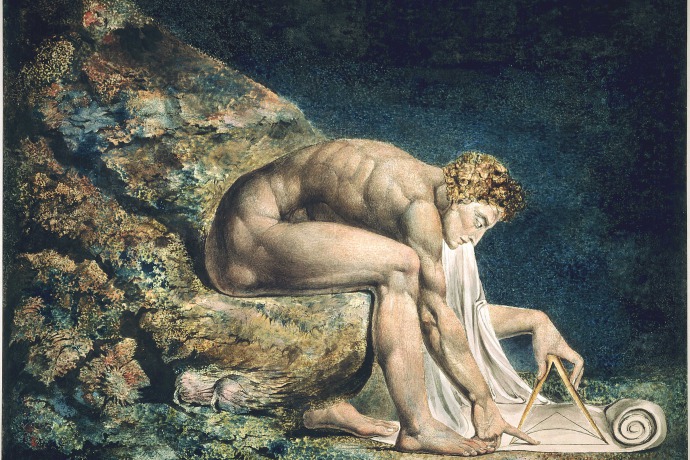
Pub Chat: an interview with Enitharmon Press
An Interview with Enitharmon Press
In the latest of our series of feature-length interviews with independent publishers, set in our imaginary poetry theatre pub somewhere in Lambeth, we spoke to Stephen Stuart-Smith of Enitharmon Press…. Hello there, Stephen. What are you drinking? Stephen: Leffe. How long has Enitharmon Press been running? Stephen: Since 1967. What were some of the practical things you did to get…
Read More
21st Century Canto: Sounding Out Pound
I began my first week by discussing Ezra Pound and translation. I very much hope that this will lead some new readers to have a go at translating, to get past worrying whether or not they can hold a long conversation in another language before at least trying to get something from a poem in…
Read More
Playing with History: an interview with Kelley Swain
An Interview with Kelley Swain
Hi Kelley! Could you tell us about your Summer School workshop, ‘Playing with History: Using the Past in Poetry’ – what can we expect? Kelley: “Playing with History” is going to be a full-day workshop, starting at 10:30 and running until 4:30 in the afternoon, with a lunch break. I’m going to start by talking…
Read More
A budding ‘pomance’: an interview with Jacqueline Saphra
An Interview with Jacqueline Saphra
Jacqueline Saphra, one of The Poetry School’s new tutors, talks to us about her new course, ‘Training the Poem’ and takes us through some of her work and methods.
Read More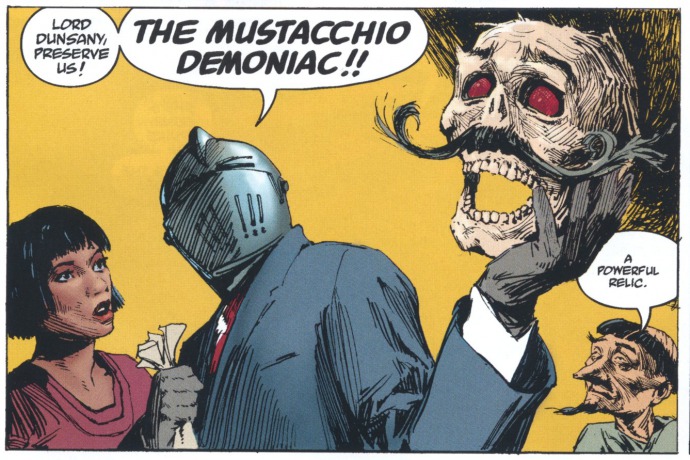
Pub Chat: Sidekick Books
An Interview with Sidekick Books
In the latest of our series of feature-length interviews with independent publishers, set in our imaginary poetry theatre pub somewhere in Lambeth, we spoke to Kirsten Irving, one half of the team behind Sidekick Books… Hi there, Kirsten! What are you drinking? Kirsten: Lime and soda, please! How long has Sidekick Books been running? Kirsten: Since 2009. September, to be…
Read More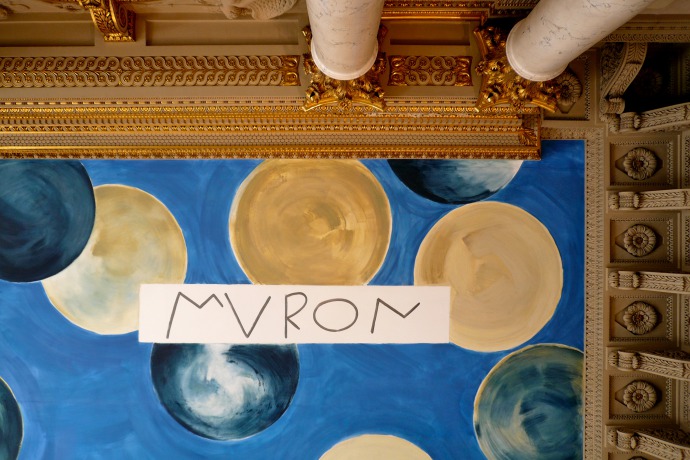
21st Century Canto: Infestation-Translation
What Pound did for me is infest my poetry world. All across it, in small pockets. One reason that Pound is hard to emulate is that he has re-thought a lot of different things, and he brings all these to bear simultaneously: like all Shaun the Sheep’s friends piling into one human overcoat and walking…
Read More
21st Century Canto: Translation, Pound-style
A very good place to start with Ezra Pound is the Selected Poems and Translations edited by Richard Sieburth, originally published by New Directions, the New York publishing house founded by James Laughlin when Ezra told him “You’re never going to be any good as a poet. Why don’t you take up something useful?”. The volume is…
Read More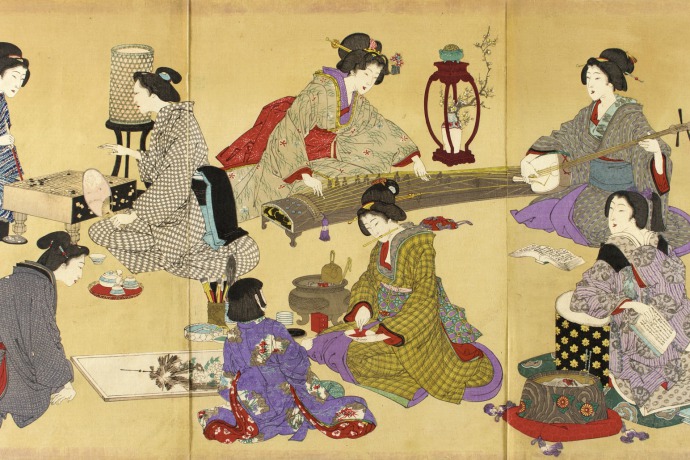
The blossom front: celebrating Hanami with Fawzia Kane and Louisa Hooper
On Saturday 18 April, Fawzia Kane and Louisa Hooper will be celebrating the Japanese tradition of Hanami, or ‘flower viewing’, with a blossom-fueled poetry workshop at the Brogdale Collections… Louisa: It hardly seems it, but it’s more than a quarter of a century since I sat beneath the avenue of flowering cherries by the great…
Read More